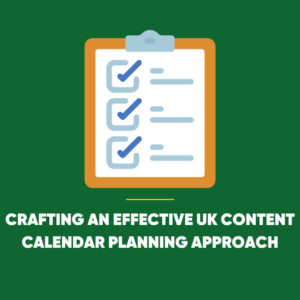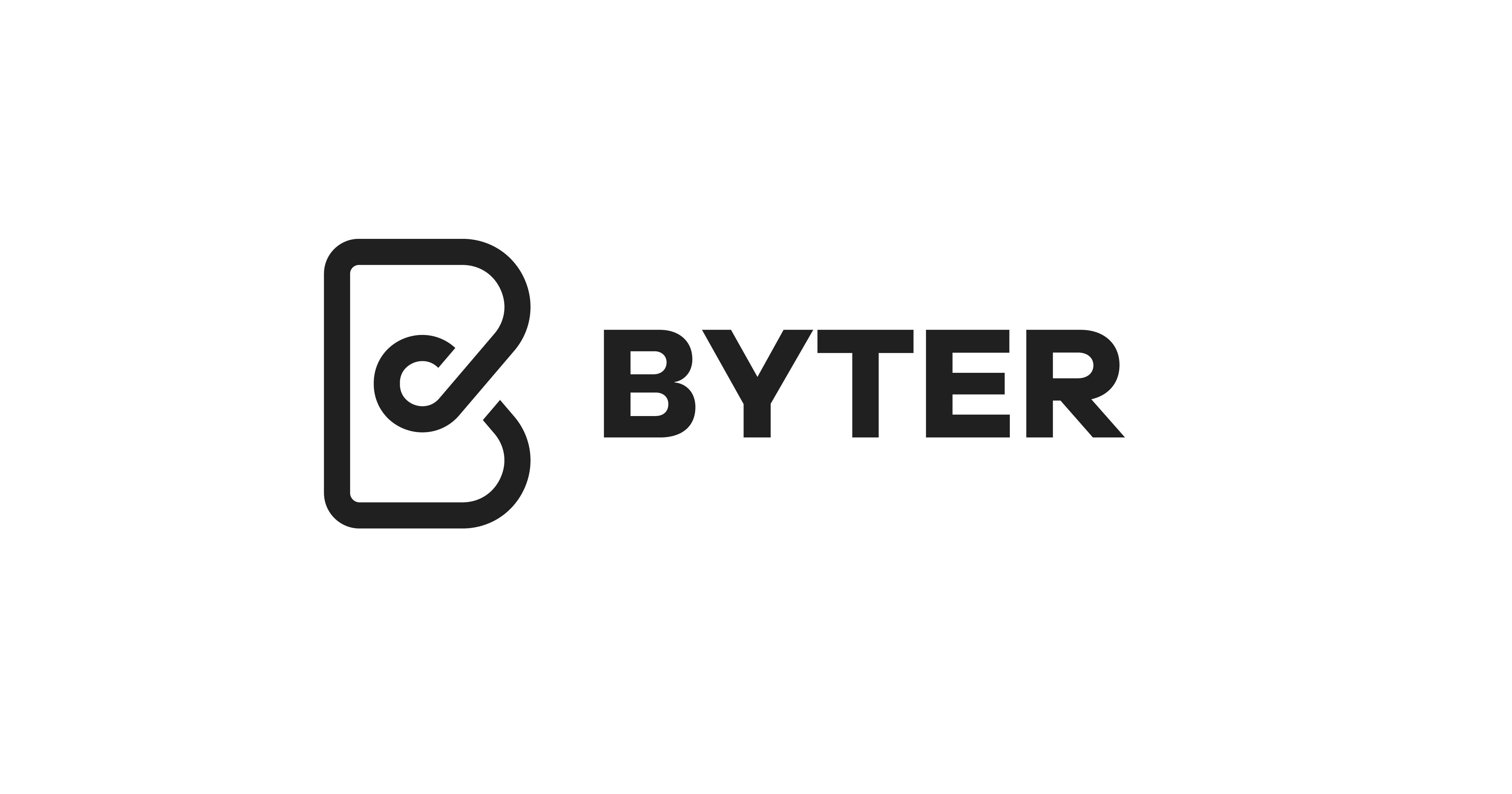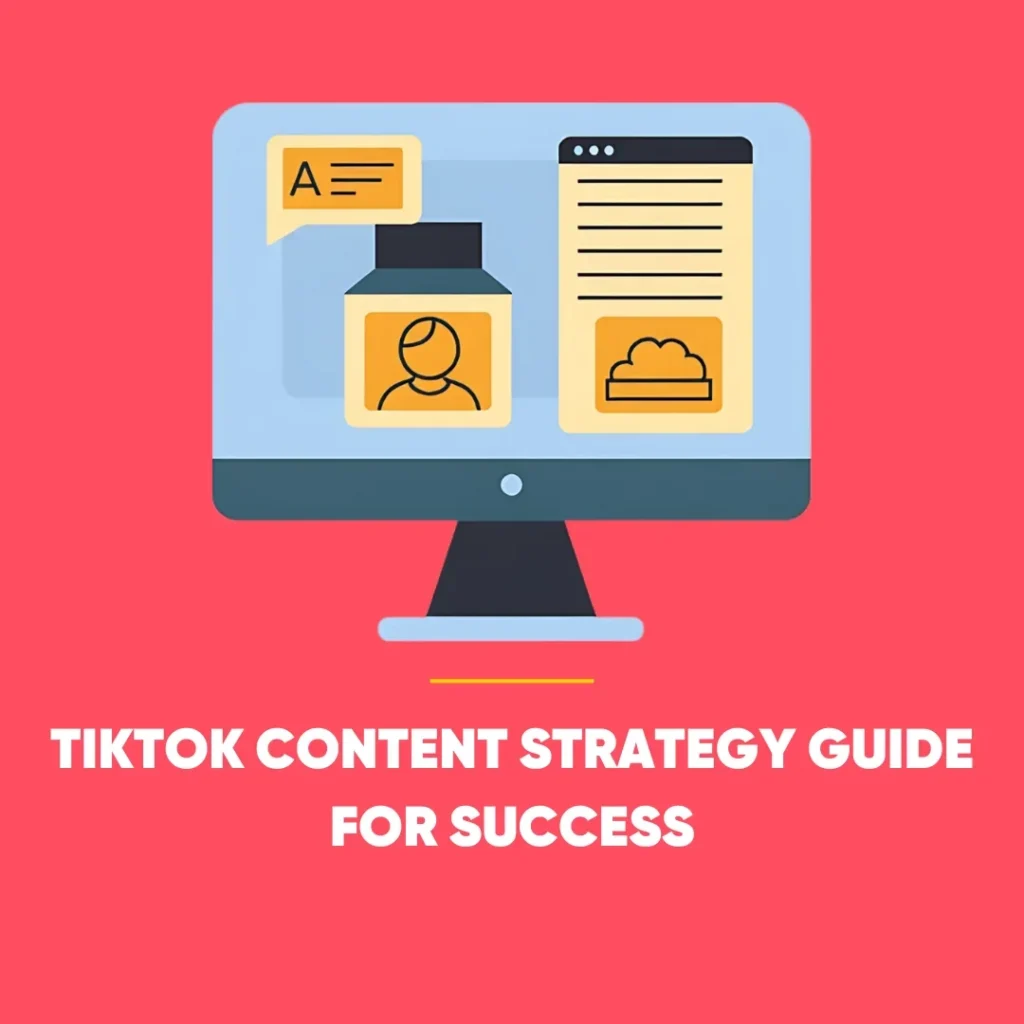UK Content Calendar Planning Essentials
UK content calendar planning is more than a schedule – it’s the backbone guiding creation, publishing and management online. Sometimes called an editorial calendar, it neatly lays out upcoming posts or media releases by date, author, format and channel, ensuring clarity and cohesiveness throughout the marketing ecosystem.
Using a well‑designed content calendar brings consistency and quality to content campaigns. It empowers teams to schedule content around key dates – be that events, product launches or seasonal peaks – ensuring every piece supports broader business objectives. With foresight and preparation, teams dodge the stress of last‑minute scrambling and allocate resources more wisely. What’s more, a shared calendar strengthens collaboration, clarifying who’s responsible for what and boosting team alignment.
Crafting an Effective UK Content Calendar Planning Approach
1. Defining Objectives and Audience Needs
 An excellent content strategy begins by defining clear content goals – such as heightening brand visibility, cultivating thought leadership or boosting conversions. At the same time, analyse audience behaviour through insights or analytics. Then, create content that resonates and drives genuine engagement.
An excellent content strategy begins by defining clear content goals – such as heightening brand visibility, cultivating thought leadership or boosting conversions. At the same time, analyse audience behaviour through insights or analytics. Then, create content that resonates and drives genuine engagement.
2. Choosing Content Types and Distribution Channels
Decide which content forms best suit your audience and brand – be it blog posts, videos, podcasts, infographics or email newsletters – and identify the platforms where they’ll be published.
3. Determining Frequency and Cadence
Matching frequency to capacity and platform needs is crucial. Not all channels demand daily updates, so choose a regular, manageable rhythm that keeps audiences engaged without burning out the team.
4. Utilizing the Right Tools
Whether opting for simple spreadsheets or robust platforms like Asana, Trello or Monday.com, having a digital tool to organise your calendar is invaluable. SEO‑oriented calendars often include keyword mapping, search intent, meta‑information and performance metrics.
From Calendar to Content: Execution & Refinement
Once the content plan is in place, the execution phase demands clarity and access. Every team member should know what’s expected and when. Transparent accountability ensures smooth workflows, from content creation to editing and publication.
Importantly, the calendar must be a living document. Regularly reviewing performance – through metrics like organic traffic, search rankings, engagement and conversions – helps teams refine their approach, pivot when necessary, and make data‑driven improvements.
SEO-Driven Enhancements for UK Content Calendar Planning
To stay ahead in search rankings, it helps to amplify the content calendar with SEO‑centric elements:
- Set Measurable SEO Goals: Define targets such as increasing organic traffic by X%, improving ranking for key terms or increasing time on page.
- Firstly, use tools like Ahrefs, SEMrush or Google Keyword Planner to discover queries, and then build content around them.
- Next, structure content around real user needs – informational, transactional or navigational – to improve relevance and ranking potential.
- Afterwards, group related articles around a cornerstone pillar page, and therefore reinforce thematic clusters and topical authority.
- Finally, include meta titles, descriptions, keywords, internal links and promotion strategies to ensure comprehensive SEO integration.
Why Businesses Should Embrace This Approach
Consistent Publishing
 Regular content reinforces your brand’s presence and earns favour with search engines while keeping audiences engaged.
Regular content reinforces your brand’s presence and earns favour with search engines while keeping audiences engaged.
SEO & Traffic Gains
Strategic keyword targeting, aligned with user intent, leads to better search visibility and increased organic traffic over time.
Efficient Workflow
Having clear, scheduled content reduces last‑minute workloads and improves team productivity and morale.
Visibility into Gaps & Overlaps
Mapping content ahead of time helps spot gaps in coverage or redundant topics, optimising strategy and content diversity.
UK Content Calendar Planning with Byter
Navigating content planning without a structured calendar is rather like sailing without a compass. That’s where Byter steps in – delivering expert support to shape bespoke content strategies tailored to your brand’s needs. Byter brings experience, tools and insight to help you design a content calendar that’s both powerful and sustainable. Whether you’re launching a new digital strategy or sharpening your existing approach, Byter can help elevate your digital presence and meet your marketing ambitions with confidence.
Final Thoughts
A content calendar is not just a schedule – it’s a dynamic strategic asset. By clearly defining goals, aligning content with SEO intent, and ensuring team transparency, businesses can streamline production, captivate audiences, and steadily climb search-engine rankings. Entrusting your content calendar strategy to Byter ensures you’re not only well-prepared but also empowered to create meaningful digital impact.









